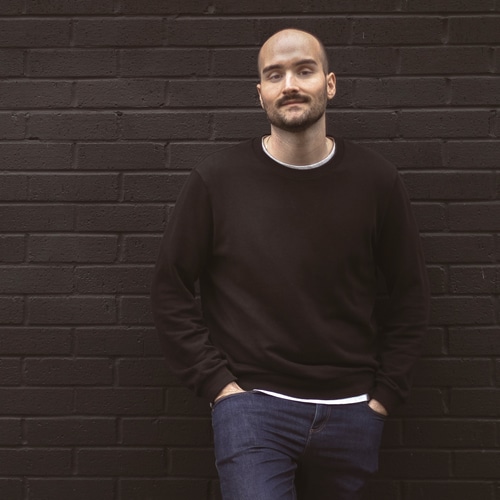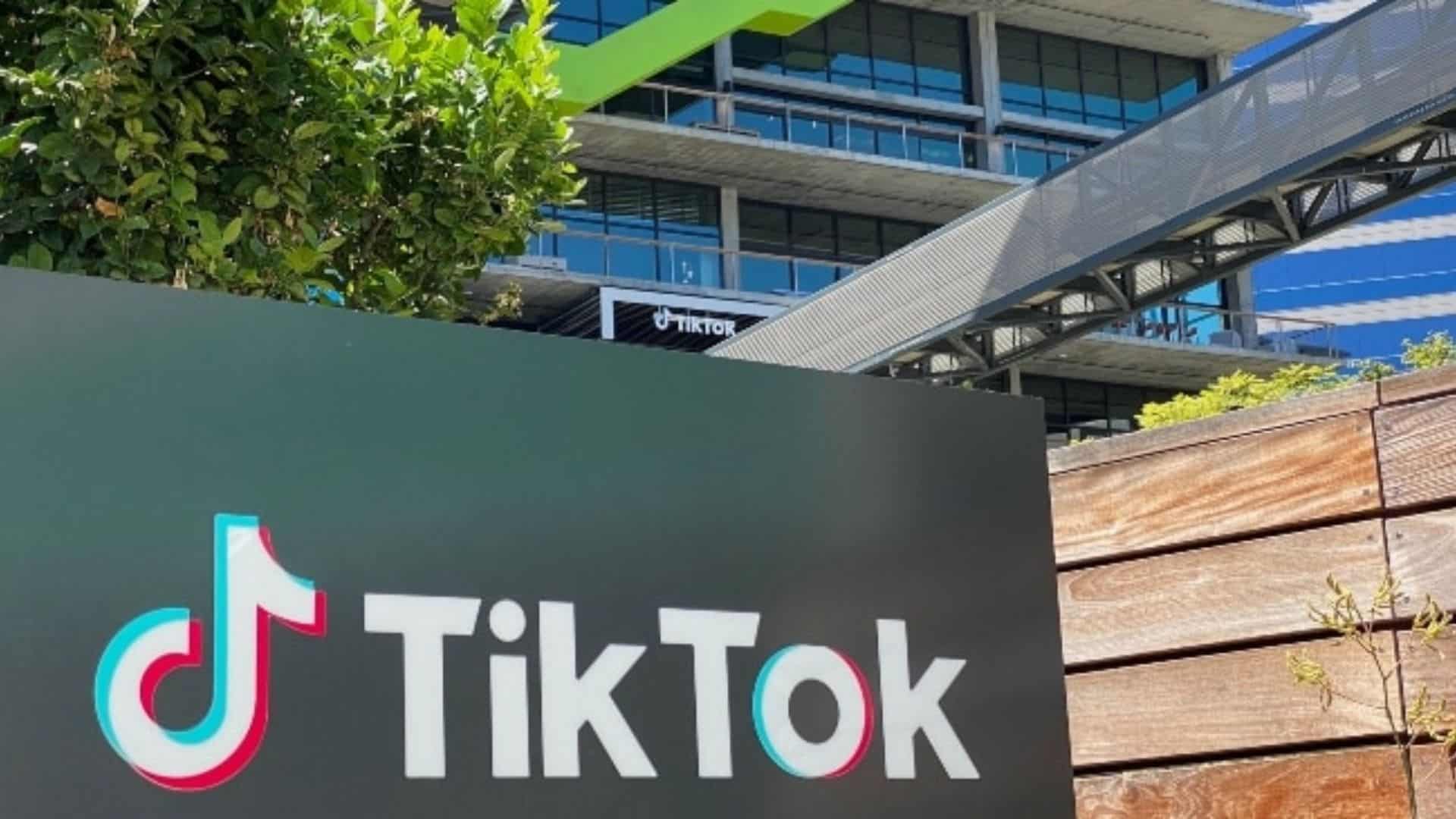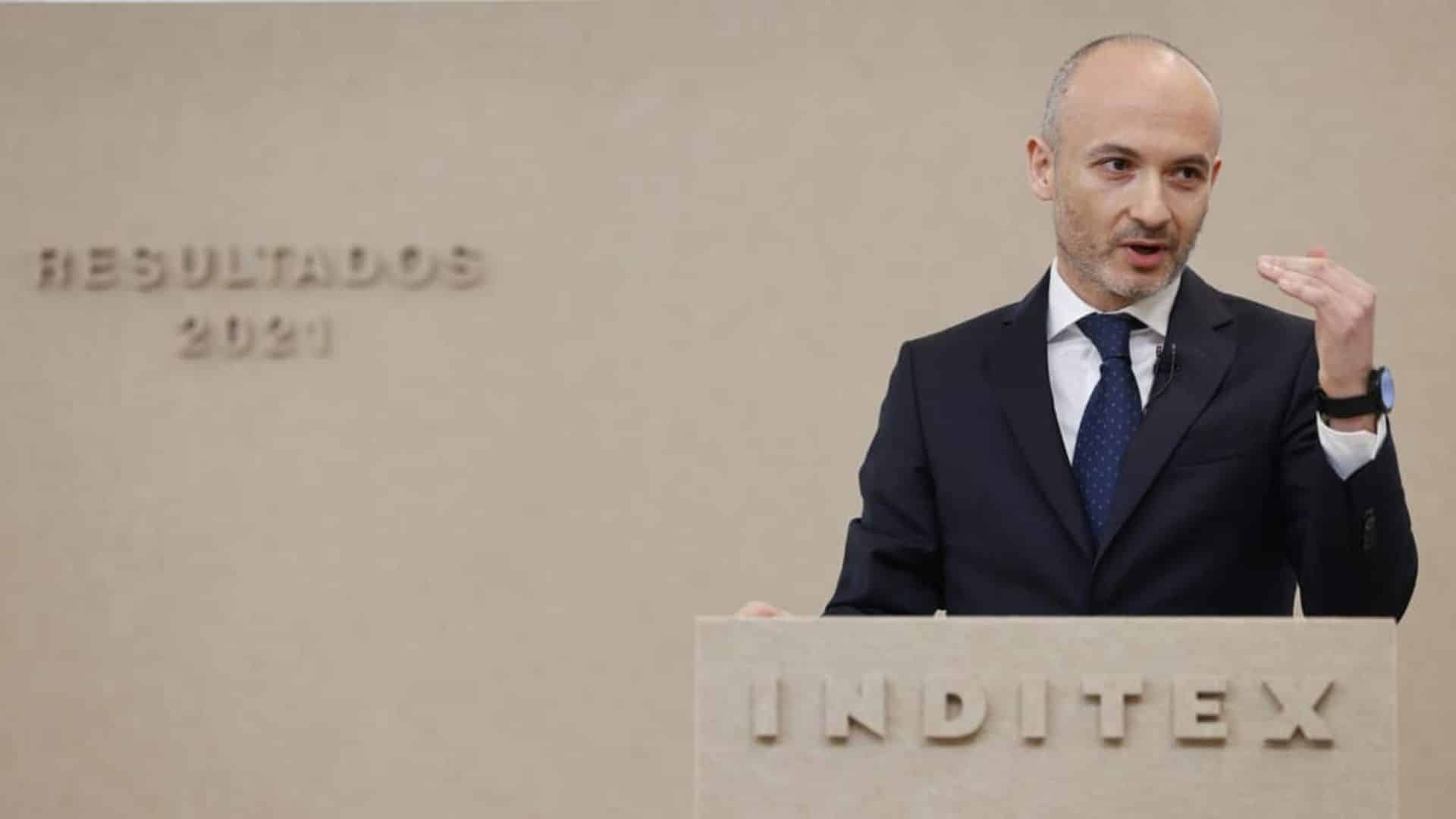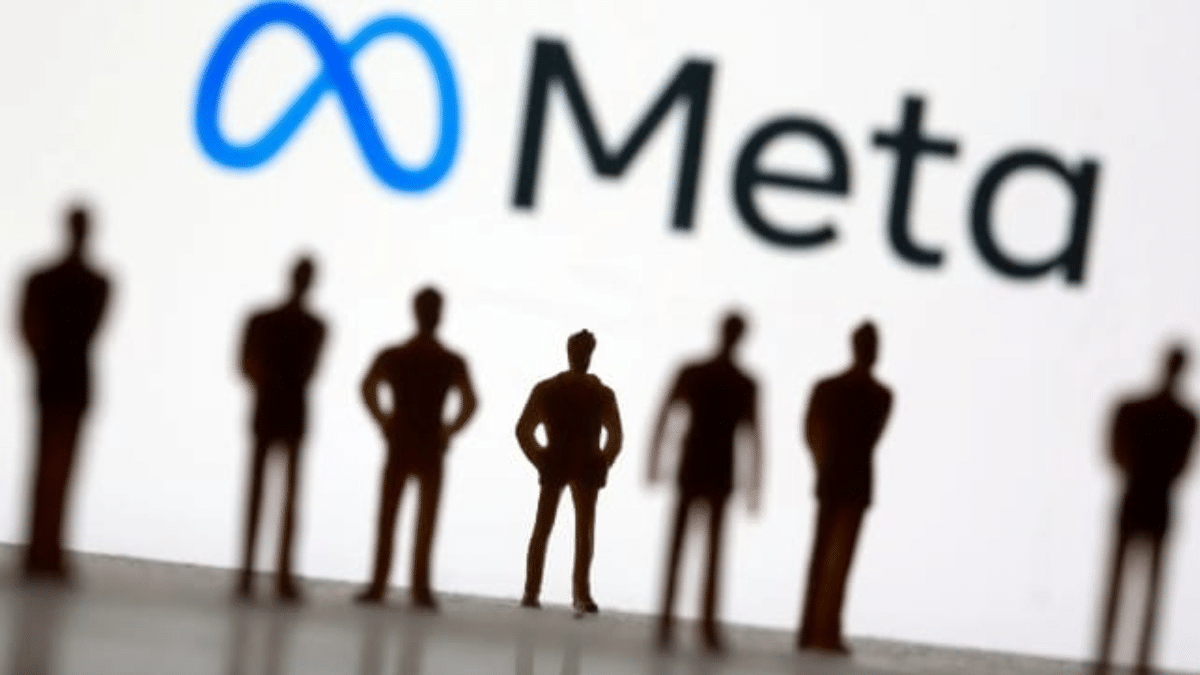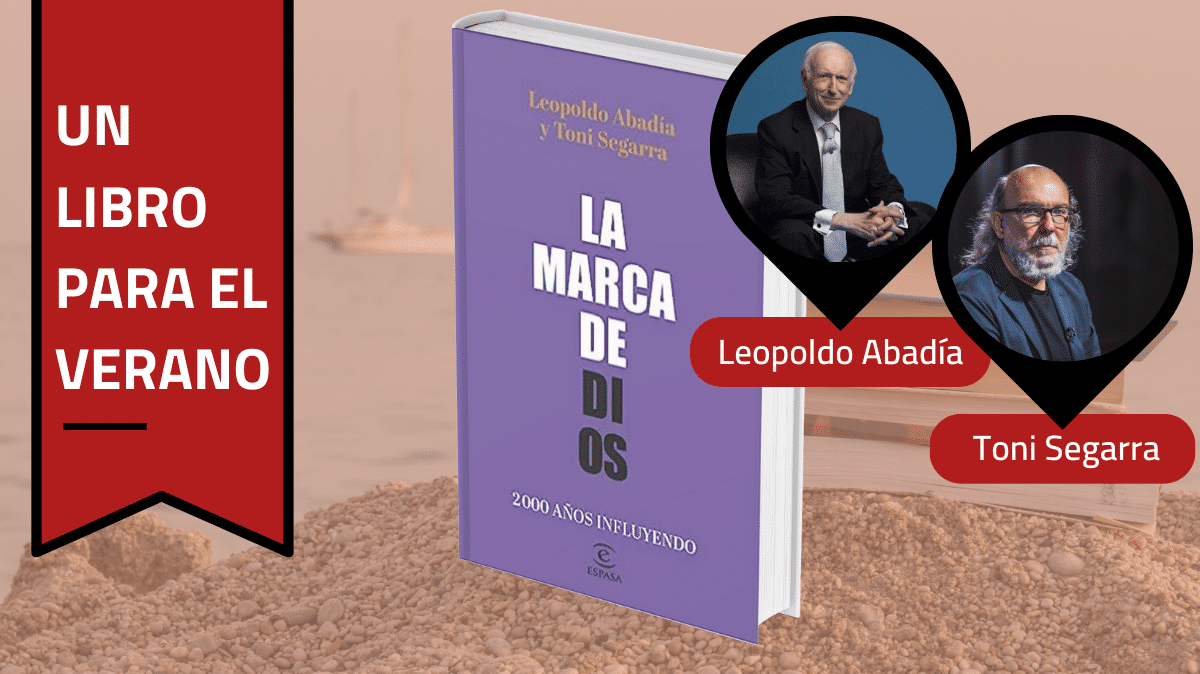
“Advertising as it is right now is a very hostile place for the creative”
Advertising agencies bear little resemblance to what series and television have taught us. This is the thesis of the creative Sergio Riquelme, who has just published the book NO trabajes en creatividad: Guía para sobrevivir en agencias de publicidad.
The author has a degree in Advertising and Public Relations and a diploma in Tourism from the University of Murcia and has developed his professional career as a creative copywriter in advertising agencies in Madrid, such as Sra Rushmore or VCCP.
In his book, which has just gone on sale, he discovers what goes on behind the scenes in agencies and describes the day-to-day life of an advertising creative, without sweeteners or stereotypes. Despite the title, the author makes it clear that the book is not a criticism of the industry, but rather a constructive exercise to improve the ecosystem for the benefit of the entire advertising value chain.
“Advertising is a horrible business. “It dries you up inside and it doesn’t make you rich. “Agencies are failure machines.” Is the outlook that bad?
The book is not based on my personal experience. It is based on a collective experience. What I do in the book is to recap all those conversations I’ve had during my life with creatives of my generation.
Clearly, I do think that advertising as it is right now is a very hostile place for the creative. You have to tread lightly and not let it eat you up.
Sergio Riquelme
It’s a business that demands a lot from you, but maybe it doesn’t give you as much as it used to. What the older creatives used to say that in addition to all the demands, there was a very positive part, which was the experience you got and the conditions you had, no longer exists. Since that is no longer there, I think the profession is not balanced.
Although the aim of the book is to analyse both the bad and the good, precisely to learn how to make the most of it in your career as a publicist. The ultimate goal of the book is that creatives who are just starting out know where they stand and have an advantage when it comes to making the most of it. It has a positive and above all didactic character. The focus was never a criticism of the industry, but a guide for new creatives.
What is the role of the trainee in agencies? You say that this stage sometimes lasts up to three years.
In reality, what the trainee does from the very first moment is to try to get all the real work out of the agency. I don’t know anyone in the sector in Madrid who has been a trainee and has had a minimum of training or more didactic advice, as they do in England.
It’s true that they’re not going to demand that you produce campaigns, but if you don’t do it, they’re not going to hire you. In short, the requirements for interns are the same as for any other creative.
Are there no mentors in the agencies or someone to guide the interns?
No. Not that I’ve seen. Obviously, creative directors will always support you if they are willing to teach. When I talk about creative directors in the book, depending on who they are, it’s going to be a different experience for the creative or not. You don’t have to look for creative agencies, you have to look for creative directors.
“You don’t have to go looking for creative agencies, you have to go looking for creative directors”
What is the proportion of trainees in agencies?
I couldn’t give you statistics. But maybe there are more than there should be. But it also depends on the agency. There are cases, for example Sra Rushmore, which is a senior agency, with very few interns. But there are other larger structures that are known in the sector that have what is called the ‘trainera’. I know people who have spent up to three years as trainees.
I would also say that from the time I wrote the book until the last few months, the situation of the trainee has changed a little, not only at the sectoral level. We are on the right track. Although the fees are lower than in previous decades, there is still room for decent pay.
You talk about the ‘juniorisation’ of agencies. You say that it is difficult to see professionals of 45 or 50 years of age.
I haven’t reached that age and I’m already out. They don’t cover the needs they have to cover. It’s not just the salary. You need to be able to live, to reconcile. Things that a job like advertising can’t give you.
So, the main reason why advertising throws seniors out is that you can’t reconcile it with a calm and serene life.
You describe agencies as very hierarchical environments, almost like in the military sphere. You also hint at the strong internal competition. What does this environment mean for the creative?
It’s an environment where you can’t concentrate on what’s important. In my career I have seen environments where the creative can be calm and focus on creating, the account manager on taking care of his client or the planner on planning properly.
Agencies are ultimately struggling to survive in a market that is very demanding. This is permeating down to the lower echelons. It is a very hostile environment.
However, I believe that the hierarchisation of agencies is absolutely necessary. As I explain in the book, what mainly gives creative directors the position is their judgement in discerning between what is a good idea and what is not. That is why it is necessary to establish a hierarchy where there are people who take responsibility for the work that is ultimately done. Without some hierarchy it would be impossible to organise the work properly. Hierarchy and internal competition are different elements.
Is there a difference if you work in a multinational than if you work in an independent company?
On a day-to-day basis there is no difference because it depends on the client you work with. There are independent agencies that work with international clients and are therefore subject to the dynamics of such a client. On the other hand, there are international network agencies that have local clients and allow you more flexibility.
Festivals
He dwells on festivals. He comments that there is pressure on juries, cheats… Do awards really validate an agency’s work?
It depends, are they the best agencies to find new clients? Maybe, yes. Are they the best agencies for creatives? Maybe yes, if you are looking for that particular type of creativity.
Awards serve the same purpose as museums or art exhibitions. It’s good that there are advertising competitions. Recently there was El Sol and I’m sure it was one of the best weeks of the year for creatives. They get very motivated, they see good work and they go to very interesting talks.
The awards ultimately fulfil the function of building community among the creatives themselves. But they also fulfil the business function of being an exhibition, an IFEMA, for potential clients. That’s where what is not purely creative begins.
In short, I think that festivals do validate the work of agencies, but only in the eyes of clients, as they have very little objective data to decide which agency they want to work with. As far as the creatives are concerned, I don’t think so. As I said before, it’s better to look for a good creative director than an agency that wins a lot of awards.
You maintain that agencies have their own corporate voice and it’s difficult to get out of it. Does it put a corset on creatives?
Yes. You have to be very careful with that corporate voice of the agency. Once you get into the agency dynamic, I think any creative would be able to recognise whose ad it is just by looking at it, without even knowing the client. We get to a point where we even know the copywriters who did it or the creative director who did the campaign.
I think having a footprint is important, as long as it’s not above the brand itself. Often the same speaker is used, the same shot, the same idea… Sometimes it seems that an idea has been taken from another briefing and then slipped in for another brand.
You have to be careful at a creative level not to believe that this is the way to do advertising. It’s good to learn the genre, but you have to be careful not to pigeonhole yourself.
Although obviously the creative directors or agency founders who have that specific character, that way of doing creativity, is totally legitimate because that’s why they set up their agency.
You say that there are no longer any reference points in the profession. Where are those beacons?
I’m not sure, and I would love to have a debate about it. The creative, by nature – despite not being paid well and working in a stressful environment that doesn’t help to create good ideas – if he or she has close references, he or she will be happy. In the end, we creatives are sick of ideas. When you finish one we are thinking about another.
I don’t see the referents. Maybe it’s the pace of the agencies. Although I don’t think the agencies themselves are to blame either. I think they don’t demand what they want, but what they demand from them, which is usually always more than we creatives can deal with. This means that there are no safe environments where I have the time to go and talk to a creative director over an informal coffee and feed off their ideas by talking about advertising. What a mentor is. There’s no time for that because there are already five emails waiting for me and the ideas are for tomorrow.
“I don’t see the referents. Maybe it’s because of the pace of the agencies. But I don’t think the agencies themselves are to blame.
Who are the divas of the industry?
They are a character, like so many others in the industry. Anyone can recognise the divas of advertising. Although you have to get to know them closely. You won’t recognise them by their physical appearance, you will recognise them day by day, side by side. That’s where you see the people who perform and the people who don’t perform. People who are more concerned with their own image and sucking up to their superiors than really thinking up good ideas and getting the job done. Their job is themselves.
It’s not a lack of talent. It’s an attitude to life. One attitude can be ‘my work speaks for me’ and another is ‘I speak for me, and my work: we’ll see’. These are two sides of the creative spectrum.
Why are unions a taboo subject in agencies?
I don’t know and I don’t understand. I’m not talking about a union, I don’t care if it’s called CCOO or UGT, who negotiates our collective agreement? I don’t know anyone – and I know many people in the sector – who is in contact with that world.
If there is an extreme that is much more organised, that has all the decision-making power, the only way to counteract that is to organise. I put forward options in the book. I don’t know if we believe the capitalist discourse that this can be fixed by itself. I think that no matter how good you are, no matter how many prizes you win, nothing guarantees your labour rights.

